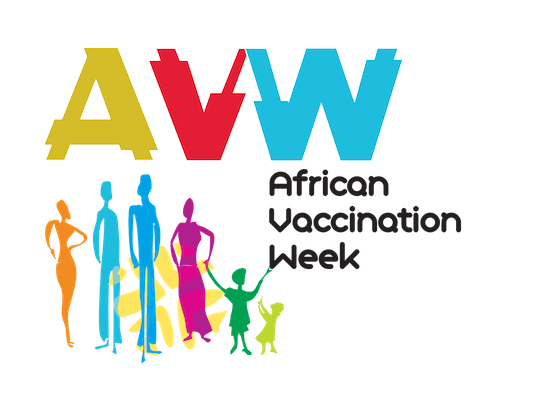
African Vaccination: 5 Essential Steps for 2025 Success
African Vaccination Week 2025 is a continental initiative focused on increasing awareness of the critical role vaccines play in preventing infectious diseases. The campaign aims to boost immunization rates, strengthen public health systems, and ensure equitable access to vaccines across urban and remote areas.
Public education is central to African Vaccination Week 2025. Awareness campaigns aim to inform communities about vaccine benefits, dispel myths, and encourage timely immunization. Schools, local clinics, and media outlets play an important role in spreading accurate information to all demographics.
Robust healthcare infrastructure is key to effective vaccination. The week emphasizes strengthening cold chain logistics, training healthcare workers, and ensuring that clinics have sufficient supplies. International partners, such as WHO Africa, provide guidance and support for system improvements.
Access to vaccines in remote and underserved regions remains a challenge. Mobile clinics, community outreach, and partnerships with local organizations ensure that rural populations receive timely immunization, reducing health disparities across the continent.
Community engagement is essential for success. African Vaccination Week 2025 encourages involvement from religious leaders, local councils, and youth organizations to promote vaccination programs and build trust. For more regional initiatives, see our internal page on Africa Health Initiatives.
Children remain the primary beneficiaries of vaccination campaigns. Immunization against measles, polio, and other preventable diseases is emphasized, aiming to reduce child mortality and achieve Sustainable Development Goals (SDGs) related to health.
Beyond childhood, adult vaccination for influenza, COVID-19, and other infectious diseases is critical. Awareness campaigns target healthcare workers, pregnant women, and vulnerable populations to enhance protection and community immunity.
Digital tools and mobile apps track vaccination coverage and monitor outbreaks. African Vaccination Week 2025 promotes the use of electronic health records and real-time reporting to improve efficiency and response times.
Research into new vaccines and innovative delivery methods is highlighted. Collaboration between universities, biotech firms, and government agencies fosters breakthroughs that increase efficacy and safety of immunization programs.
Governments are urged to prioritize vaccination in national budgets and policies. Transparent funding mechanisms and international partnerships ensure sustainable programs that can adapt to emerging health threats.
African Vaccination Week 2025 celebrates achievements in increasing coverage and reducing disease outbreaks. Public recognition of healthcare workers, midwives, and volunteers strengthens trust in vaccines and encourages continuous community participation.
African Vaccination Week 2025 stands as a landmark initiative emphasizing the indispensable role of vaccines in protecting communities and promoting equitable health across Africa. This week-long campaign not only highlights the importance of immunization in preventing outbreaks of deadly diseases but also reinforces the need for robust healthcare infrastructure, trained personnel, and efficient vaccine distribution systems. By integrating public awareness efforts, technology-driven monitoring, and strong community engagement, countries can close gaps in vaccine coverage, ensure timely immunization, and build lasting trust between citizens and healthcare providers.
Moreover, African Vaccination Week 2025 underlines the critical role of policy support, international partnerships, and research in developing innovative vaccines and delivery strategies. It encourages governments to prioritize funding, healthcare organizations to adopt best practices, and communities to actively participate in safeguarding their health. This collaborative approach ensures that even the most remote or underserved populations gain access to life-saving vaccines, reducing inequalities and strengthening continental resilience against preventable diseases.
Through celebrating achievements, acknowledging healthcare workers, and highlighting successful interventions, the week inspires sustained commitment to public health. It acts as a catalyst for continued innovation, capacity building, and cross-border collaboration. Ultimately, African Vaccination Week 2025 not only improves immediate health outcomes but also lays the foundation for a healthier, more prosperous, and sustainable future for all Africans, creating a legacy of protection, awareness, and empowerment for generations to come.